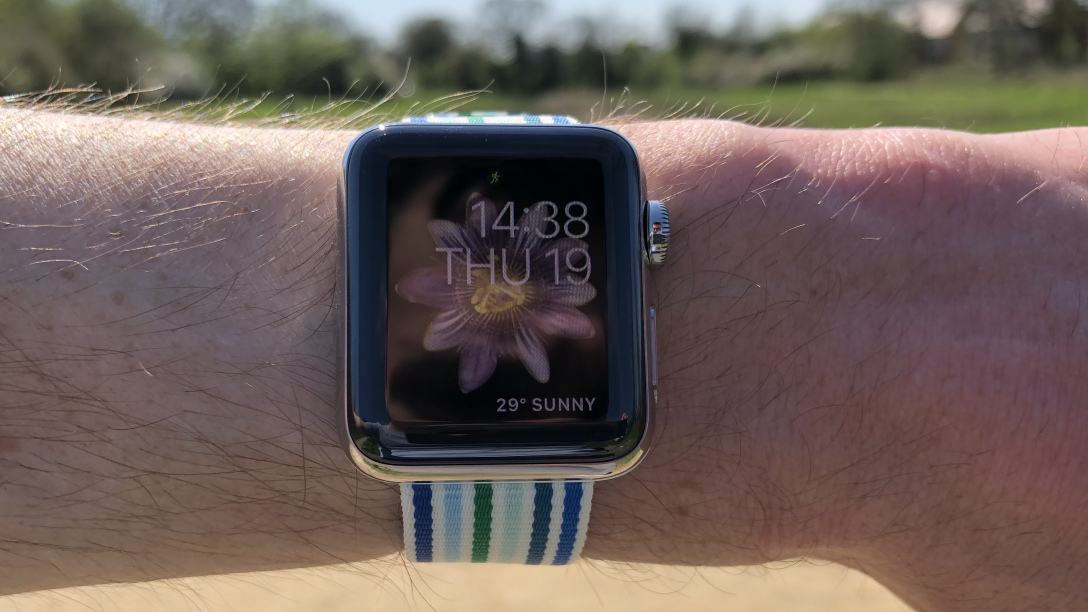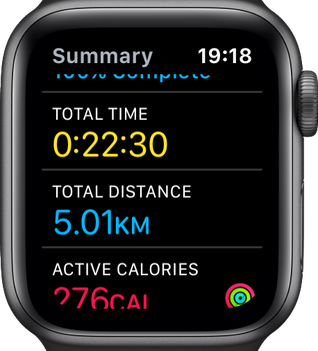I like to read, and usually have both a non-fiction and fiction book on the go at the same time. What I love about non-fiction books in particular is discovering new things that might just say with you for the rest for your life. Here are three books that months, years, and in some cases, decades on, I still think back to on a regular basis.
Traffic: Why We Drive the Way We Do (and What It Says About Us) – Tom Vanderbilt
Have you ever wondered about the psychology of road users, including yourselves? Doing so will make you a better driver. Facts I still remember a decade on:
- Merging late is better for everyone overall, but people find it annoying when people merge in front of them because our brain feels although our personal progress is being inhibited.
- The lane you chose probably feels like the slowest since we spend more time looking forward when driving, and so notice people passing us much more so than we notice people we pass.
- One of the reasons people buy fancy cars is to make themselves feel important, because unlike many other aspects of live, on the road all drivers get equal priority, no matter their job title or bank balance.
- Tailgaters can only keep it up for a few minutes because driving so close to someone requires a lot of attention.
Sapiens: A Brief History of Humankind – Yuval Noah Harari
Widely noticed as one of the most eye-opening books of the century so far, the cover of this book had quotes from both Barack Obama and Chris Evens (yes, the radio presenter) – quite a variation in gravitas. Some amazing facts or at least theories I learnt were:
- What differentiates Humans from other animals is not our brain power, but our ability to hold a collective imagination together, which in turn allows us to cooperate in the millions, unlike any other animal.
- Money, companies, countries and even football exist solely in our collective imaginations. They literally do not exist outside of it.
- Prehistoric humans had the same brains we we did, and were as intelligent as we were. What changed was our ability to pass on information through generations.
- Many diseases that have plagued humans throughout history were only passed to humans after we starting manipulating the environment and living in close quarters to other animals (e.g. started farming).
The Goldilocks Enigma: Why is the Universe Just Right for Life? – Paul Davies
Ever wondered why life exists? It turns out that if the laws of physics were changed ever so slightly, life probably wouldn’t exist. This books attempts to explain why this might be. Some interesting takeaways I recall were:
- The basics of the “standard model” – how each of the forces interaction with each other to create the world we live in. We all know about gravity and electromagnetic, but I’d never heard of the strong or weak forces before.
- Religion cannot explain how the universe started, if the answer is ‘God made it” then it simply pushes the question to “well, who made God then?”
- There is a surprising number of serious consideration given to everything existing inside inside a simulation.


